Supply Chains Harmful Effects on the Environment

Supply chains contribute to high levels of carbon emissions and the depletion of natural resources. The carbon emissions from these supply chains can be attributed to factors such as long transportation distances, inefficient use of energy, and reliance on fossil fuels.
This leads to increased greenhouse gas emissions and contributes to climate change. Specific examples of environmental costs associated with these unsustainable practices include air and water pollution, habitat destruction, soil erosion, and biodiversity loss.


